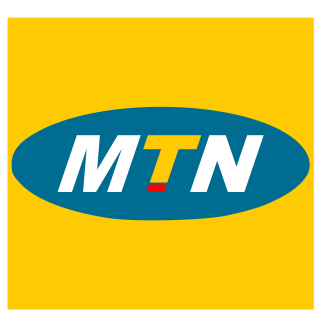Africa’s biggest mobile operator, MTN, has finally acquired Nigeria’s only surviving Code Division Multiple Access (CDMA) network, Visafone Communications, owned by the banking magnate, Mr Jim Ovia, for an unspecified sum after months of negotiations.
The Nigerian Communications Commission (NCC) accepted the deal in the last quarter of 2015 and has finally received approval from the Federal Government. The NCC has been commended for its role in the successful market consolidation of Visafone by MTN which is the first of its kind in Nigeria’s telecommunications industry.
Here are 5 things you need to know about MTN’s acquisition of Visafone:
The fear of Globacom
Globacom is the only other operator that has a licence on the 700 MHz spectrum, giving it the ability to do LTE (Long Term Evolution), thus laying the foundation for a reality on broadband. MTN, not wanting to be beaten to the punch on the ability to offer LTE services, opted for Visafone’s 800 MHz spectrum which places the company in an enviable position.
Visafone could no longer face competition
Despite being the most suited for broadband and data services, CDMA technology platforms have faced stiff competition from more established rivals like Globacom, Airtel, Etisalat and MTN which control an estimate of 98.07 percent of the market.
The capital intensive CDMA business has adversely affected Visafone, leading to more than N345 million indebtedness to Zenith bank. It has also faced challenges from other data business LTE service providers such as Smile, Swift Nigeria and Spectranet which placed the company on the brink of collapse.
The acquisition is in the larger interest of the country and the economy.
As envisaged by the Federal Government, last year, to increase broadband penetration, MTN’s acquisition of Visafone is expected to improve broadband penetration in the country from about 8 percent to the targeted 30 percent in 2018.
According to a World Bank survey, the availability of 4G Lite services would improve the e-Commerce sector, banking; insurance and financial services, software and IT enabled services and most likely widen the revenue base of the Federal Government into non-oil sectors.
Downsizing of Visafone staff
According to The Punch, Visafone has sacked over 83 percent of its workers as a result of its acquisition by MTN. Aside from employees in the personnel and transmission departments; others were disengaged with effect from 5th January, 2016 and were paid three months salaries as their severance package.
Improved mobile broadband and high quality services
Presently, a majority of internet users are limited to 2G/3G speed which makes them limited to narrowband internet. With an estimate of LTE users constituting 80 percent of all data users by 2019, the acquisition is expected to provide high quality services to Nigeria, which ranks among the fastest growing countries in terms of mobile subscribers and data penetration, with over 150 million subscribers and about 97 million internet users.








